MA in Cultural Studies
Welcome to the Cultural Studies Department
Cultural Studies situates culture as a site of power struggles between competing systems of representations and the ways of life that they support. Our methods of study are critical: not only exposing the ideological dimension of culture but also exploring its radical political potential.
Our faculty members specialize in feminist and queer studies, critical race theory, film and media studies, museum studies, Latino/a studies, Africana studies, Asian Pacific Islander studies, and more. The CGU Cultural Studies Department is distinguished by offering both an MA and PhD in Cultural Studies. The department offers several concentrations, including Media Studies and Museum Studies, which are unique for their combination of a strong emphasis on cultural theory and hands-on practical experience. Students in the program can also choose to specialize in such transdisciplinary concentrations as American Studies, Early Modern Studies, or Hemispheric & Transnational Studies.
Instruction in Cultural Studies is carried on in seminars. Classes are small and each student’s program individually designed. Students have considerable input in the design of their courses of study, including choice of concentrations and minor fields.
Because many students enter the program from other disciplines, the department offers a variety of introductory courses in addition to advanced-level courses. Students are required to take courses in research methodologies appropriate to their interests in Cultural Studies: possibilities include ethnographic field research methods, visual research methods, oral history, archival studies, digital humanities, and film or literary theory and analysis.
Cultural Studies Department, Claremont Graduate University
Chair: Joshua Goode
831 N. Dartmouth Avenue • Claremont, CA 91711 • 909-621-8612 • Fax 909-607-9587

Joshua Goode
Professor of Cultural Studies and History
Chair, Cultural Studies Department
The 2021 Bradshaw Conference:
Futurity and Future Publics – A Quarter Century of Cultural Studies at Claremont Graduate University
Programs
PhD in Cultural Studies
Core Faculty
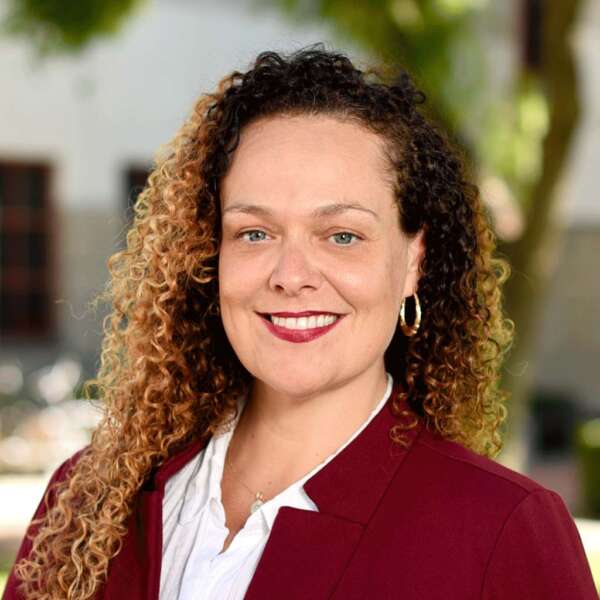
Lucia Cantero
Assistant Professor of Cultural Studies
Research Interests
Consumer culture, social media, algorithms and data science, infrastructures and urban public space
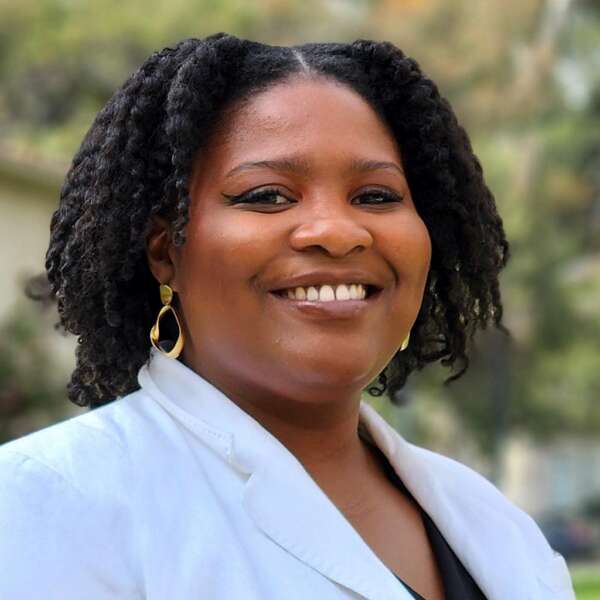
Deshonay Dozier
Assistant Professor of Cultural Studies
Research Interests
Black studies, urban geography, policing and carceral studies, abolition studies, cultural studies, indigenous studies, racial capitalism.

Joshua Goode
Professor of Cultural Studies and History
Chair, Cultural Studies Department
Research Interests
Modern Spain, 19th- and 20th-century Europe, Genocide and racial thought, Museums and commemoration, Memory
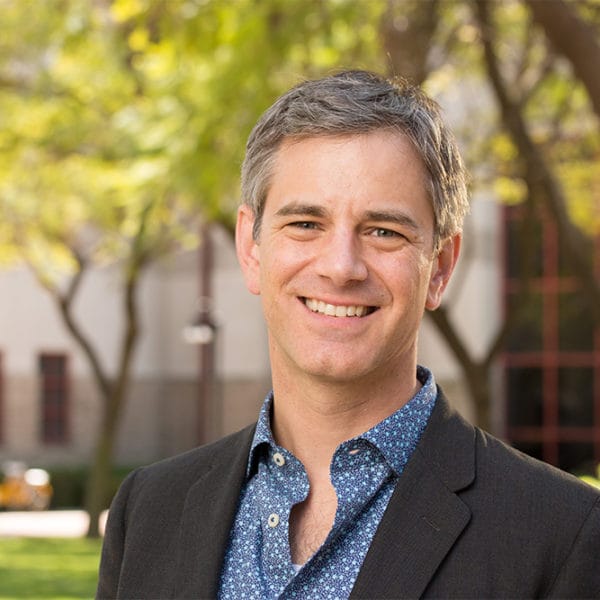
David Luis-Brown
Associate Professor of Cultural Studies and English
Research Interests
Hemispheric Americas studies, Latino/a/x studies, Black diaspora studies, American literature and culture

Darrell Moore
Visiting Associate Professor of Cultural Studies
Philosophy Teachout Coordinator
Research Interests
Aesthetics, Africana Intellectual Thought, Critical Theory, Continental Philosophy
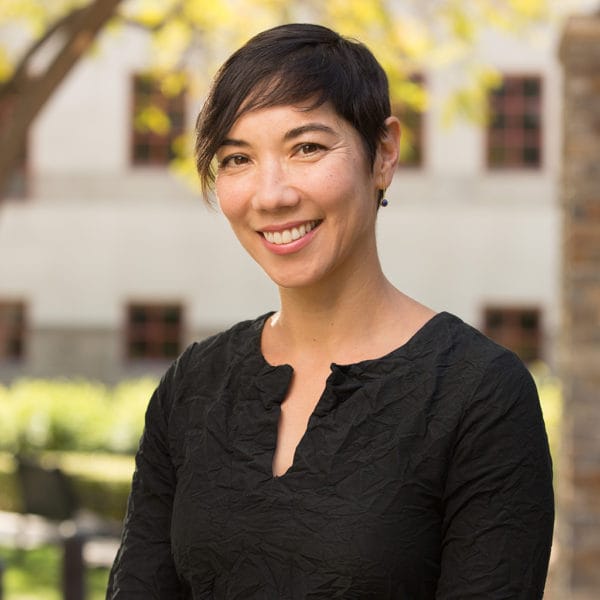
Eve Oishi
Associate Professor of Cultural Studies
Research Interests
Cultural studies, Media studies, Feminist and queer theory, Asian American studies
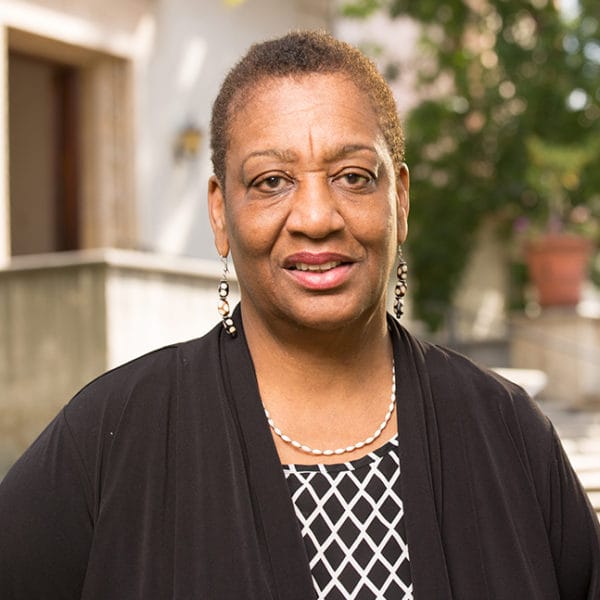
Linda Perkins
University Professor
Director, Applied Gender Studies
Research Interests
Women and African-American higher education, history and contemporary issues on women in higher education, especially Black women, global gender issues.